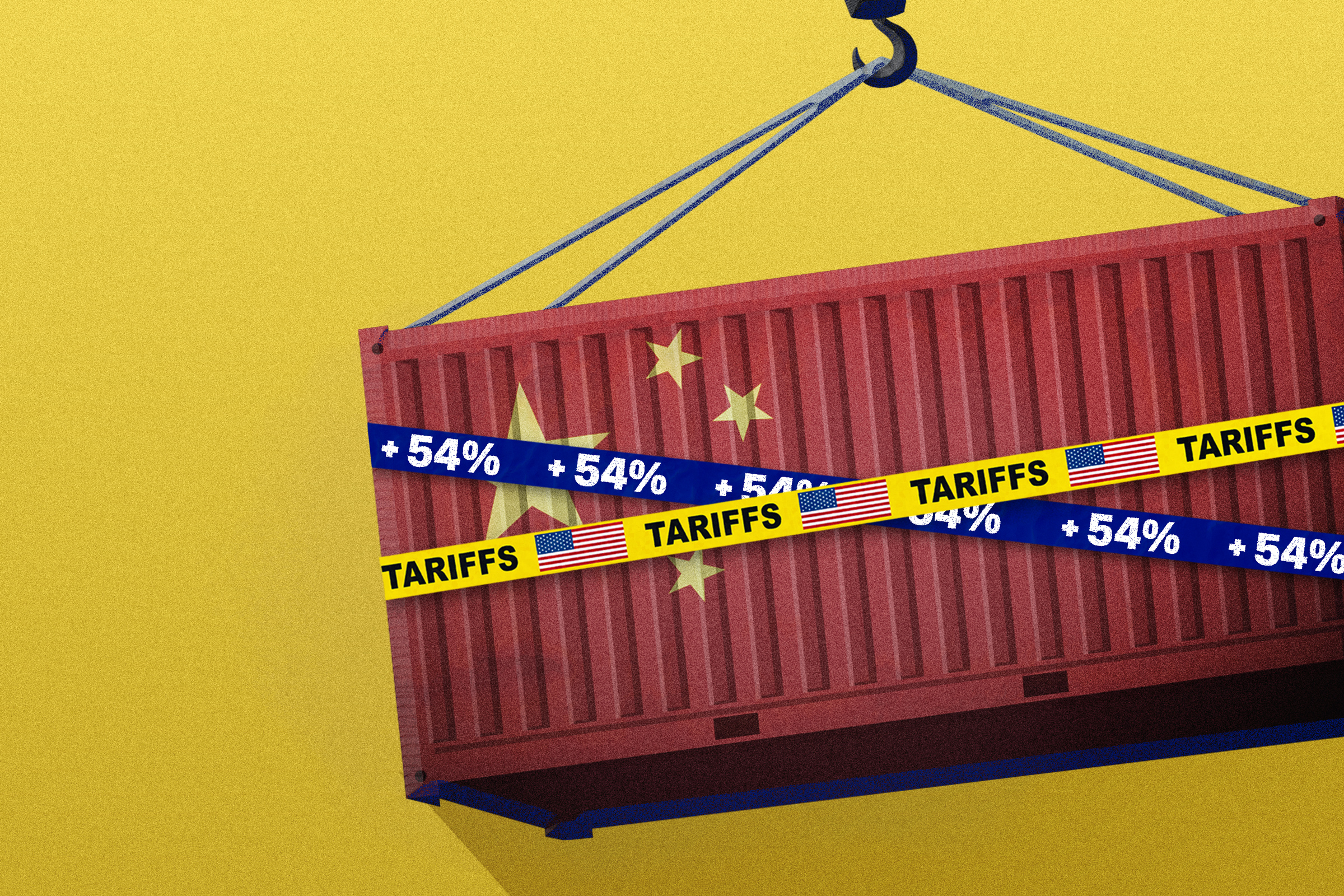News Analysis
As reciprocal tariffs on U.S trading partners are set to take effect on April 9, President Donald Trump has focused much of his attention on the Chinese regime.

As reciprocal tariffs on U.S trading partners are set to take effect on April 9, President Donald Trump has focused much of his attention on the Chinese regime.